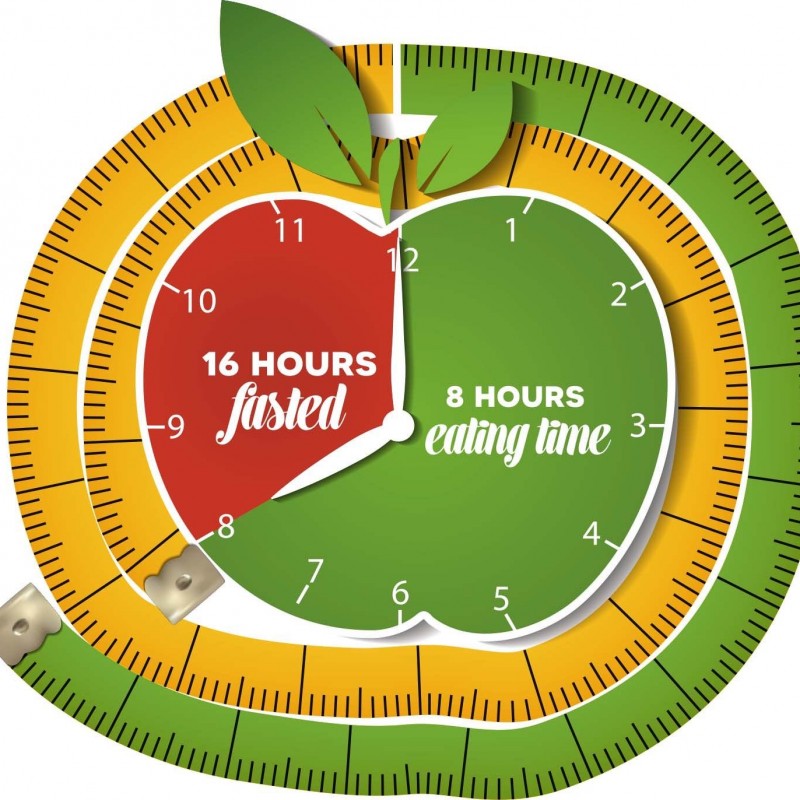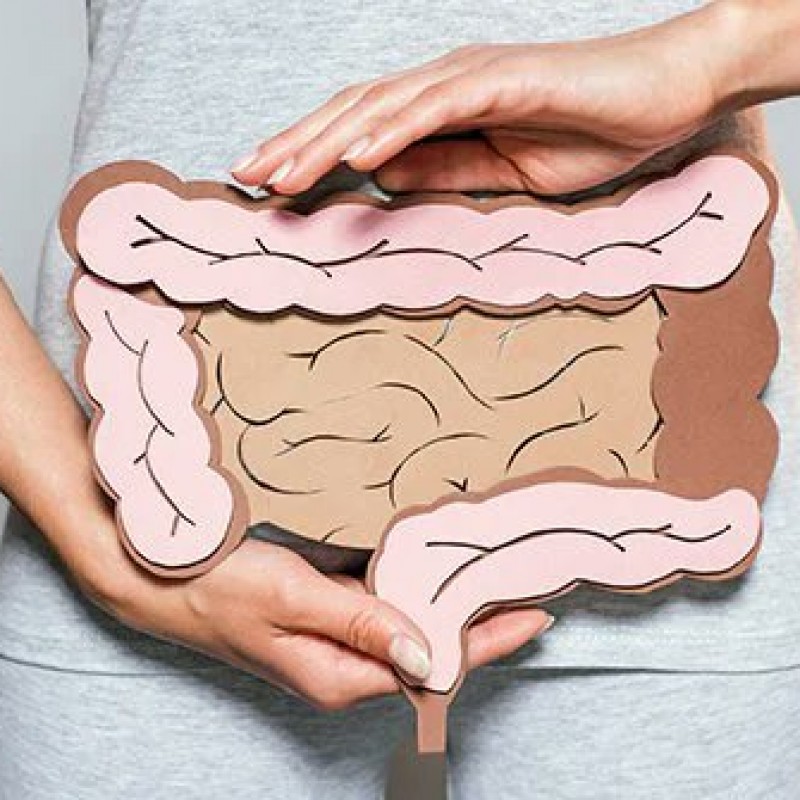Benefits of walking after meals
The positive effects of exercise on health have been proven since long time. In recent years, a growing trend in the health and fitness community has been to take a short walk after every meal to achieve various health benefits.
How true is the saying: Eat and walk?! You will know during this article whether there are benefits or harms from walking after meals, when is the appropriate time for that, and other facts.
Improves digestion
One of the main potential benefits associated with walking after eating is improved digestion. Movement of the body can aid the digestive process by promoting stimulation of the stomach and intestines, causing food to move more quickly. Additionally, physical activity after eating may have a protective effect on the digestive system. In fact, it has been shown to prevent diseases like peptic ulcers, heartburn, irritable bowel syndrome, and constipation.
Helps control blood sugar levels
This is especially important for people with type 1 and 2 diabetes - conditions whose blood sugar is difficult to process - because exercising after eating may prevent an excessive rise in blood sugar and thus reduce the amount of insulin or oral medications required. A 2016 study of people with type 2 diabetes found that a light walk of 10 minutes after each meal was better than walking of 30 minutes at any time for managing blood sugar.
Reduces the risk of heart disease
Regular exercise lowers blood pressure and LDL (bad) cholesterol while lowering the risk of stroke or heart attack. Several short periods of exercise throughout the day may be better than one continuous period of exercise to lower blood triglycerides.
Promotes weight loss
To promote weight loss, you must be in a calorie deficit, which means you burn more calories than you take in. Walking after meals may bring you closer to a calorie deficit that, if maintained consistently, can aid weight loss.
Helps regulate blood pressure
Walking after meals may also help regulate blood pressure up to a point. Several studies link a daily 10-minute walk with lower blood pressure levels. Furthermore, several 10-minute walks throughout the day appear to be more beneficial for lowering blood pressure than one continuous session. A study found that starting a walking program can reduce systolic blood pressure by up to 13%, or about 21 points.
May cause stomach upset
Some people may experience an upset stomach when walking after eating, with symptoms such as indigestion, diarrhea, nausea, gas, and bloating. If you experience any of these symptoms, try to wait 10-15 minutes after meals before walking.
Best time to walk
Based on current data, it appears that the ideal time to walk is after a meal. At this time, the body is still digesting the food that a person has eaten, allowing it to obtain benefits such as improved digestion and blood sugar management.


